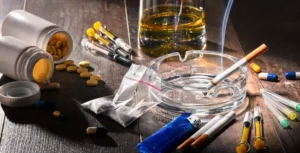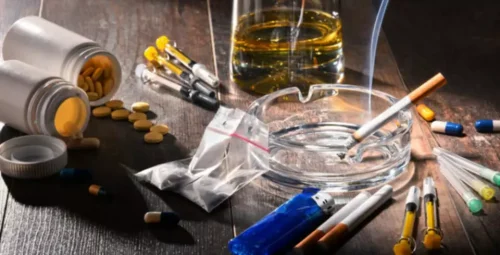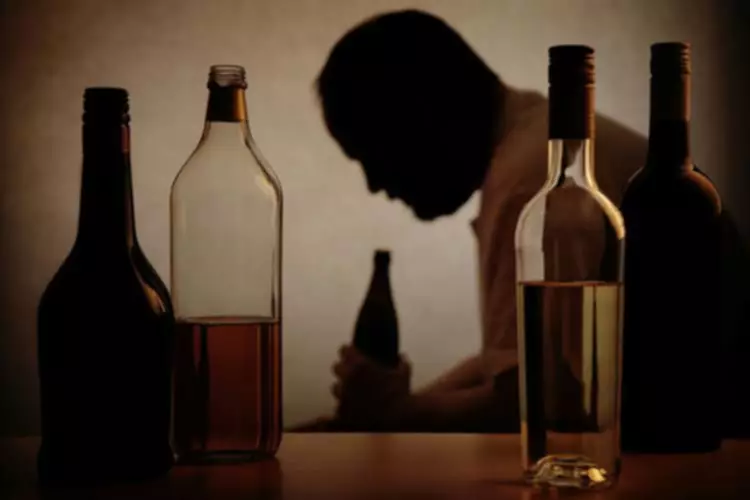
However, there is some conflicting evidence and more research is needed. N-methyl-D-aspartate (NMDA) antagonists treat depression by increasing levels of glutamate in the brain. Glutamate is a neurotransmitter believed to be involved in depression.
Why Does Borderline Personality Disorder Hurt So Much?
Beginning at the age of 14, Kelley Kitley, a psychotherapist in private practice, recalls sleeping a lot, losing her appetite, withdrawing socially, and having negative thoughts about herself. She soon began going to does drinking make your depression worse therapy and taking antidepressants, but continued to experience bouts of depression from time to time — especially after the birth of her four children. Sometimes people drink alcohol to help with the symptoms of stress, anxiety, and depression. Alcohol changes the way your brain cells signal to each other, which can make you feel relaxed. It’s involved in brain functions like memory and attention.
- And when the two issues merge, an even bigger challenge arises.
- “Alcohol is a depressant, and can cause depression, worsen someone’s depression and can cause rebound anxiety.
- Depending on your intoxication level, you may experience decreased inhibition, loss of judgment, confusion, and mood swings, among others.
- Tietz began feeling intense self-loathing and having thoughts that her husband might be better off without her.
Drinkchat
After getting sober, Kitley’s cravings for alcohol continued for about a year — particularly during stressful or challenging times. However, she says finding a community of fellow sober moms, and returning to therapy as needed, has helped her to stay the course. Since quitting drinking, Kitley says her mood is the most consistent it’s ever been. Below, people who experienced this connection firsthand share how their drinking and depression fueled each other — and how they ended the cycle. But if you’re suffering from depression, think again before reaching for a drink. Maybe you’re downing a few beers after a stressful week at work or after a heart-wrenching break up.

Take care of yourself

Read more about depressive psychosis, how it’s treated, and what healthcare professionals understand about why it occurs. Depression and anxiety can occur in a person at the same time. In fact, research has shown that over 70 percent of people with depressive disorders also have symptoms of anxiety.

How to get support
They will then deliver short electrical pulses for a few seconds. You will neither convulse nor feel the electrical current and will awaken about 5 to 10 minutes after treatment. Looking for ways to support your mental health and well-being? Try Healthline’s FindCare tool to connect with mental health professionals nearby or virtually so you can get the care you need.
